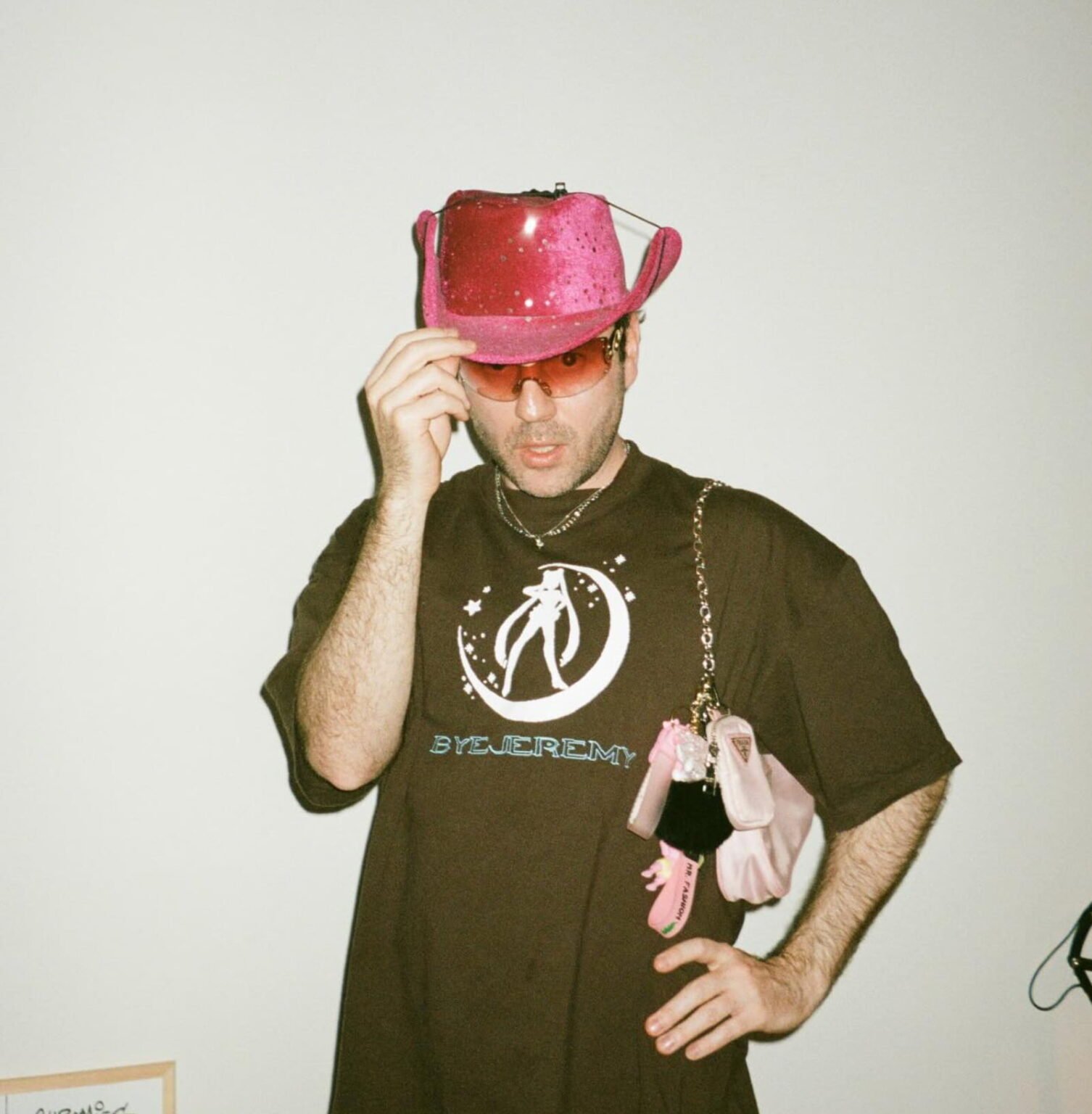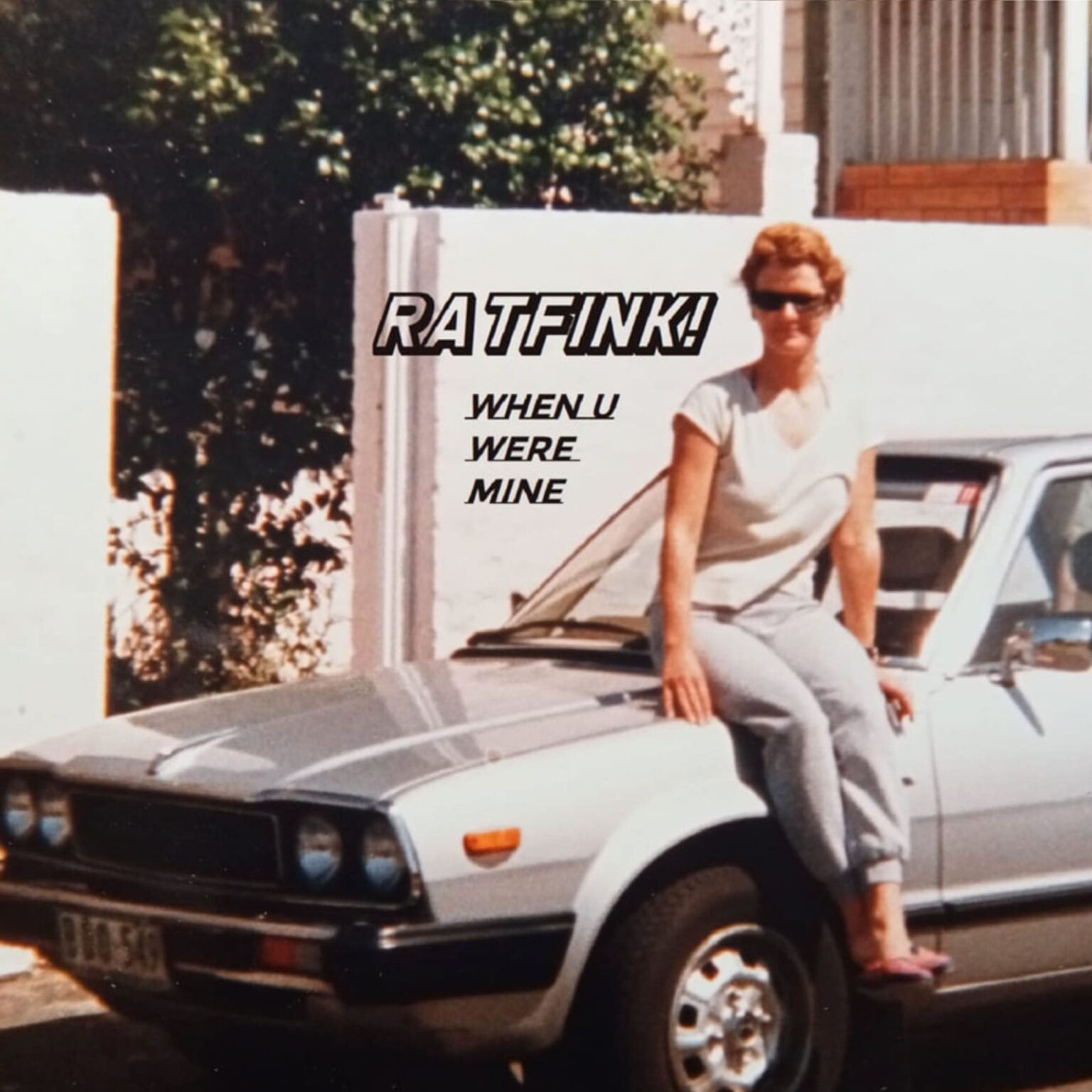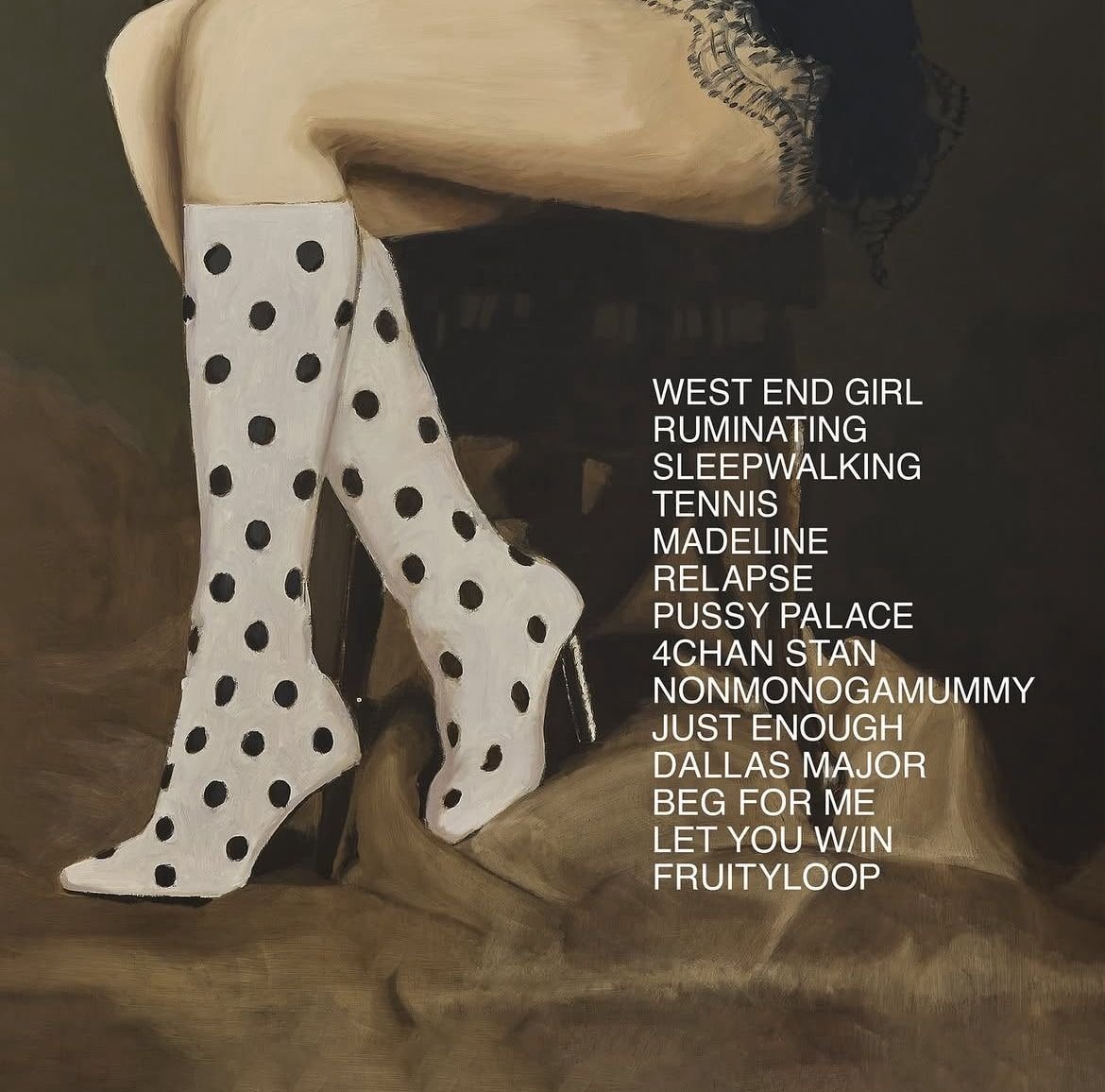Impact and virality, GOLIN offers something else: silence, skin, inner vibration. Her new project, sensor —featured in the PW-Magazine article “Serpentine Rooms, Highways, Feelings”— marks a radical break from her previous work, a shift from glitch-pop frenzy to an expanded emotional landscape.
But make no mistake: this is not complacent minimalism. What GOLIN proposes is a new way of understanding sound — an immersive, sensorial, deeply physical experience. sensor isn’t something you simply listen to. You feel it. Like a highway at night. Like a damp room. Like an emotion you don’t yet have words for.
From the start, GOLIN has been a complex figure: part club-theatrical, part deconstructed J-pop, part vocal experimentation. Her aesthetic was abrasive, ironic, saturated with excess. But in this new work, all that implodes inward. The power doesn’t disappear — it transforms into resonance. There is no longer a need for noise. Now, there’s depth. Vibration. Echo.
In her own words: “I no longer want to shine. I want to touch.” And it shows. Every track on the album is a space: a “serpentine room,” an emotional curve. There are no hooks, no peaks. Just soft turns, synthesizer layers like skin, loops that breathe. This is music for the inner road — an album that doesn’t seek a destination, but the journey itself.
In her interview with PW, GOLIN speaks candidly about her creative evolution. She explains that leaving behind her previous aesthetic wasn’t a rebranding — it was a natural shedding. “I’m no longer interested in theatricality. I’m interested in space. In what vibrates when I say nothing.” That radical honesty doesn’t just come through — it defines the work.
And although sensor might seem far from the club circuit, it doesn’t let go of intensity. It just redirects it. There’s tension. There’s darkness. But it’s diluted in a kind of electronic water — almost cinematic. This isn’t an album to dance to. It’s an album that inhabits you. The kind of record you could hear in a gallery, or playing softly in the background of a silent runway show.
Visually, there’s also a clear shift. Where GOLIN once flirted with digital kitsch, now her image breathes restraint: blurred photos, unadorned gestures, organic tones. She no longer plays a character. She faces a landscape — one that’s internal, open, and mapless.
The album was shaped in collaboration with other artists from Europe’s contemporary scene — like Luki von der Gracht or Max Eulitz — placing GOLIN in a context where music is not a product, but a medium. Sensation, art, body, sound: everything merges. Everything collapses into a singular language.
The beauty of this project isn’t in its form, but in its intention. In a world that rewards volume, virality, and repetition, GOLIN chooses the whisper, the slowness, the tremor. She builds a space where feeling is more urgent than being heard. In that decision, there’s no nostalgia, no retro aesthetic — only future.
sensor is, in many ways, a timeless album. And GOLIN, instead of following the algorithm’s rhythm, builds her own tempo: intimate, deliberate, and powerful. From the margins, from the personal, from the serpentine. It is there where her voice —and her vision— sounds loudest.


















